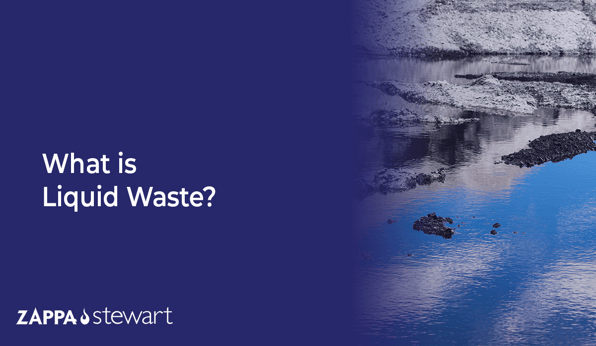The Definitive Guide to Reclaim Waste
The Definitive Guide to Reclaim Waste
Blog Article
Get This Report on Reclaim Waste
Table of ContentsReclaim Waste - An OverviewWhat Does Reclaim Waste Mean?Not known Facts About Reclaim WasteThe Ultimate Guide To Reclaim WasteExcitement About Reclaim Waste
Residential sewage waste refers to the waste and products from a residential septic tank. The proper administration and disposal of domestic sewage waste call for liquid waste to be moved to a sewer treatment plant where the appropriate approaches and equipment are used to purify and dispose of waste.
Industrial waste frequently includes prospective threats, such as combustible products or a combination of fluid and strong waste items, and calls for an advanced and in-depth disposal process. The disposal of industrial waste typically involves the filtering of waste prior to transport to make sure risk-free and appropriate disposal. Hazardous waste is developed from byproducts and overflow of industrial procedures and manufacturing.
This type of waste can not utilize the very same sewer monitoring transport or processes as septic or commercial fluids. The commercial waste administration procedure needs the inspection and screening of fluid waste prior to it undertakes the disposal procedure (liquid waste removal). Runoff waste is the fluid waste that originates from drainage and excess stormwater in very booming areas or cities
Overflow waste can trigger contamination and flooding if not dealt with effectively. Find out extra regarding sewer cleaning and waste administration. Making certain correct waste monitoring can prevent disasters and reduce ecological injury. Both people in property settings and professionals in business or manufacturing markets can take advantage of understanding the procedures and policies of liquid waste monitoring.
Getting The Reclaim Waste To Work
Contact PROS Providers today to find out regarding our waste monitoring and disposal solutions and the correct ways to look after the liquid waste you produce.
(https://reclaim-waste-f27e88.webflow.io/)This supposed 'wastewater' is not just an important resource yet, after therapy, will certainly be released to our land, rivers or the ocean. Used water from commodes, showers, baths, kitchen sinks, washings and commercial procedures is understood as wastewater.

water made use of to cool equipment or clean plant and devices). Stormwater, a form of wastewater, is overflow that streams from agricultural and metropolitan areas such as roofing systems, parks, yards, roads, courses and seamless gutters into stormwater drains, after rainfall. Stormwater streams without treatment straight to regional creeks or rivers, ultimately reaching the sea.
The Best Strategy To Use For Reclaim Waste
In Queensland, a lot of wastewater is dealt with at sewage therapy plants. Wastewater is delivered from domestic or industrial websites through a system of sewers and pump stations, known as sewage reticulation, to a sewer therapy plant. City governments construct, maintain and run most sewage treatment plants. Operators are licensed under the Environmental Security Act 1994 to release treated wastewater at an acceptable environmental requirement into waterways.
The Division of Natural Resources advises city governments about handling, operating and maintaining sewerage systems and therapy plants. In unsewered locations, city governments may call for homeowners to mount private or house sewage therapy systems to treat residential wastewater from toilets, cooking areas, restrooms and laundries. The Division of Natural Resources authorises the use of family systems when they are confirmed to be effective.
In some new communities, treatment of some stormwater to remove trash, sand and crushed rock has begun utilizing gross contaminant traps. Wastewater treatment happens in four phases: Eliminates solid issue.
Makes use of small living organisms knows as micro-organisms to break down and get rid of staying dissolved wastes and great fragments. Micro-organisms and wastes are incorporated in the sludge.
Reclaim Waste for Dummies
Nutrient removal is not available in any way sewage therapy plants because it calls for pricey specialized tools. It is ending up being much more usual in Queensland. Clear liquid effluent generated after therapy might still consist of disease-causing micro-organisms. If this effluent is launched right into rivers such as rivers or the sea, the micro-organisms will eventually die out.

This typically implies wastewater has actually to be dealt with or pollutants removed before it can be discharged to rivers. Many wastewater streams right into the sewerage system. Under the Act, regional federal governments carry out authorizations and permits for ecologically pertinent tasks (ERAs) entailing wastewater releases that could have a local impact. The division provides approvals and licences to Periods entailing wastewater launches that could have a local or statewide impact.
Some Ideas on Reclaim Waste You Need To Know
Tracking offers accurate info regarding water quality and can confirm that permit conditions are being satisfied. find more The details acquired through tracking gives the basis for making water top quality choices.
Report this page